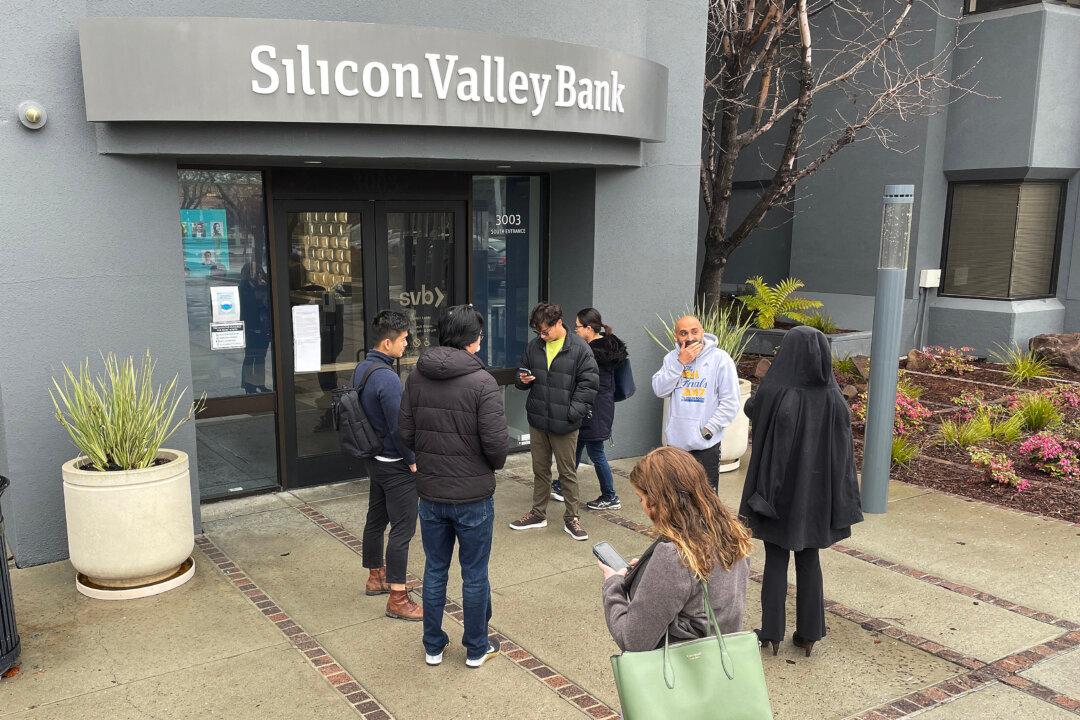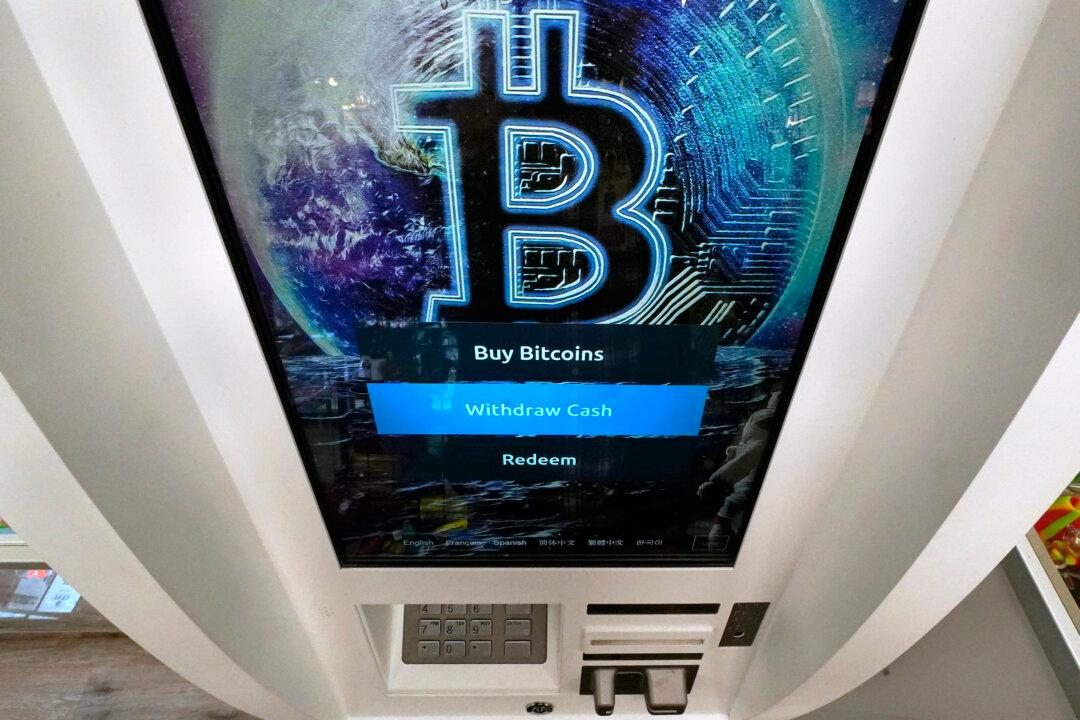Commentary
Last summer, I concluded that something “fishy” was going on in the world. Many of the responses to the coronavirus pandemic made no sense, that is, they were extremely destructive to economies and humans in general. Still, they were kept in place in many countries, while governments took an ever-increasing role in our economies.





